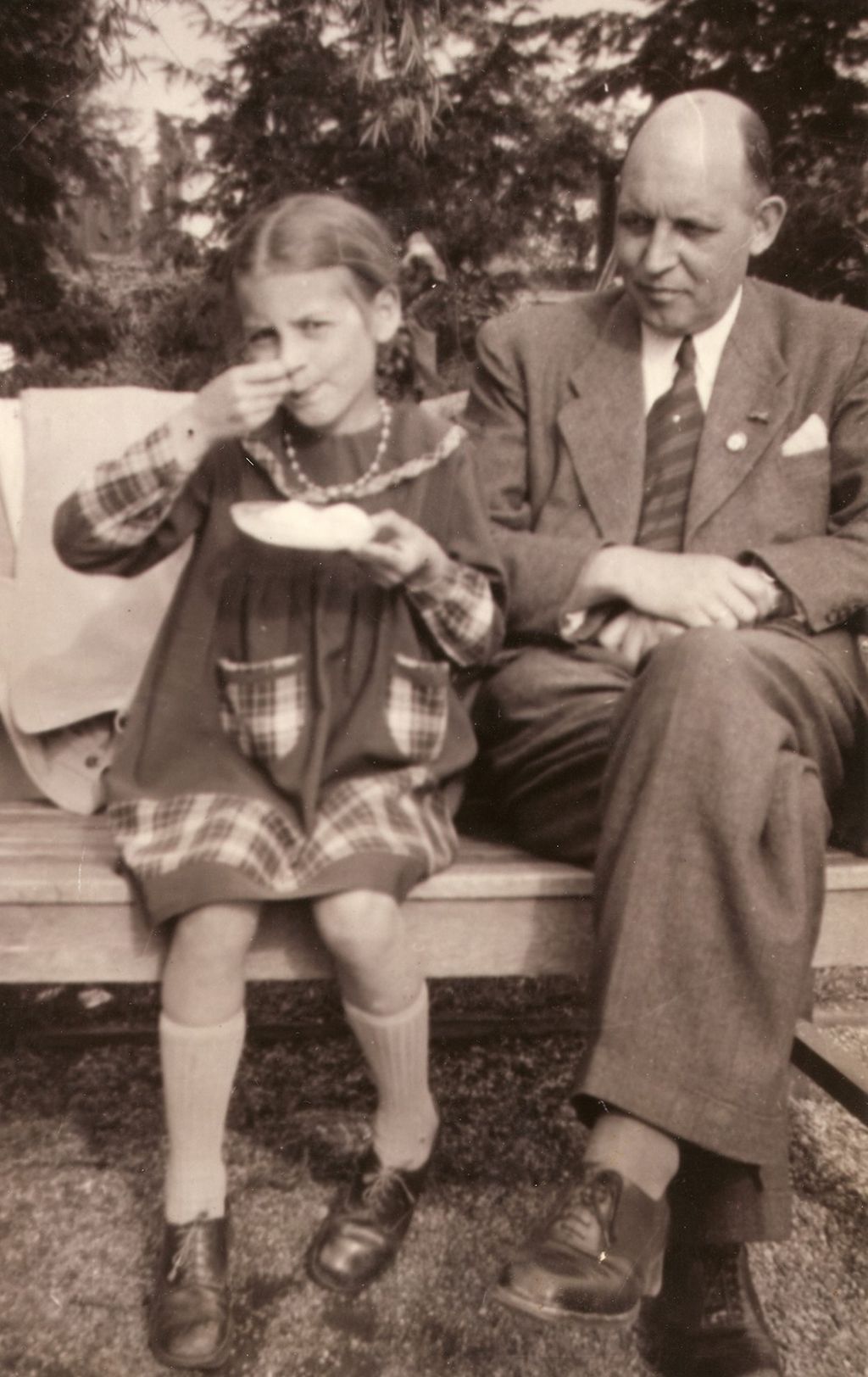A Secret Message
Rudolf Witzleben wrote this secret message to his family in Berlin-Charlottenburg on August 6, 1945. Rudolf Witzleben, born 1898 in Hanover, worked as an engineer at AEG in Treptow. According to his daughter Inka, he was arrested by the Soviet secret service (NKWD) in Berlin on June 7, 1945 and transferred to Soviet special camp No. 7 in Weesow. The accusation was that he had been an “agitator”.
After the unconditional surrender, Germany had been divided into four occupation zones by the Allies of the anti-Hitler coalition. At the Potsdam conference in late July 1945, the Allies had agreed to the internment of leading National Socialists and influential supporters. In the Soviet occupation zone, the NKWD was primarily responsible for this, under whose aegis the Allied practice of internment partly mixed with elements of Stalinist arbitrariness.
The NKWD had set up a total of ten special camps in the Soviet occupation zone, five of them in the territory of the present-day state of Brandenburg. Detained persons from Berlin and the surrounding area were mainly sent to Special Camp No. 7, which was located in the small village of Weesow northeast of Berlin from May 1945 until its transfer to Sachsenhausen in August 1945. The inadequate security conditions of the provisionally set up camp in Wessow led to its transfer to the site of the former Sachsenhausen concentration camp.
It is not known how Rudolf Witzleben managed to smuggle this message out of the camp in Weesow. A few days later he was one of the prisoners who marched to Sachsenhausen, the new site of the camp. Rudolf Witzleben died there on April 3, 1947.
Kassiber, Sachsenhausen Memorial Collection, inventory no. 01.00278
![[Translate to English:] Kassiber von Rudolf Witzleben an seine Familie in Berlin-Charlottenburg, 7. August 1945](/fileadmin/_processed_/b/5/csm_Kassiber-beschnitt-70dpi-mWz_242dcadf1a.jpg)


